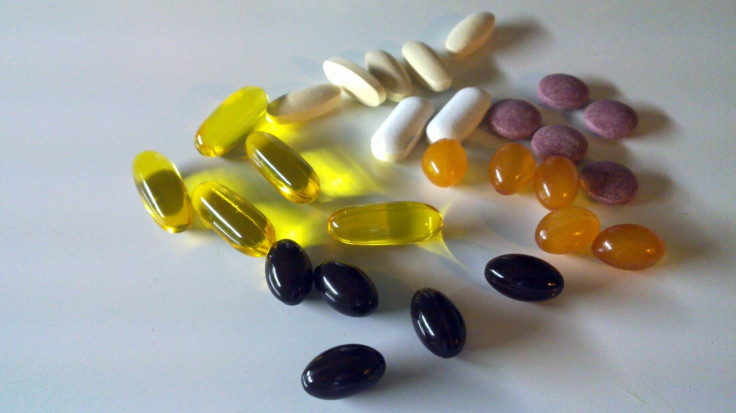How taking care of your gut bacteria could slow down the ageing process
The findings could pave the way for the development of anti-ageing probiotics.

Scientists have identified that deleting 29 gut bacterial genes that may increase longevity and promote healthy ageing. These findings pave the way for the development of probiotic supplements to slow down the ageing process.
The world's population is ageing and as such, improving healthy ageing and preventing age-related diseases is an important public health priority. Although scientific knowledge of ageing processes is improving every day, no real successful anti-ageing compounds have been discovered to date.
A number of studies have showed that gut bacteria – the microbes that inhabit the digestive tract – are involved in the ageing process of their host. However, the mechanisms are not well understood.
In a study now published in the journal Cell, researchers have investigated the role of gut bacteria genes and molecular mechanisms in modulating ageing.
Worm bacteria
The gut bacteria of mammals is particularly complex, and studying it is very challenging for scientists. To make things easier, the authors of this paper turned to the laboratory worm C. elegans. This is a transparent, simple organism that features many important characteristics of human biology.
The scientists investigated the effects of individual bacterial genes on the lifespan of C. elegans. They screened 3,983 genes of the bacteria E. coli - a common type of gut bacteria. Among them, the scientists identified 29 bacterial genes, which, when they were deleted, increased the lifespan of the worms.
"Twelve of these bacterial mutants also protected the worms from tumour growth and accumulation of amyloid-beta, a characteristic of Alzheimer's disease in humans," said senior author Meng Wang, associate professor of molecular and human genetics at Baylor and the Huffington Center On Aging, said.
The scientists conducted more experiments to find out how bacteria genes impacted the ageing process. They found that in some cases, some genes increased longevity by over-producing a compound known as polysaccharide colanic acid - this was confirmed when the scientists provided purified colanic acid to C. elegans and this made the worms also live longer.
Based on these findings, the scientists think it will be possible in the future to develop probiotic treatments using the properties of gut bacteria, to improve healthy ageing and life expectancy.
© Copyright IBTimes 2025. All rights reserved.




















